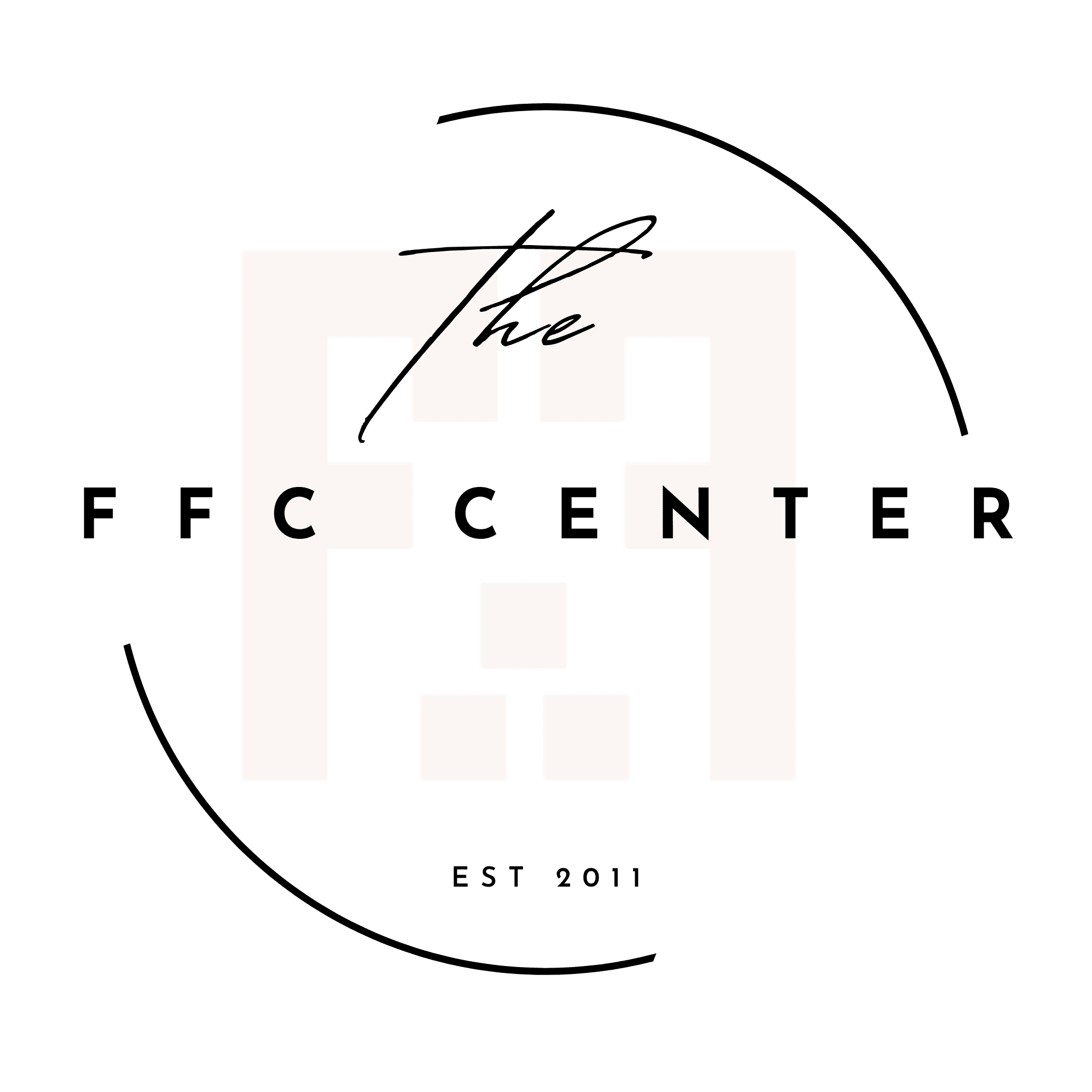Eye Movement Desensitization and Reprocessing Therapy is one of the most researched therapeutic modalities that has been around for over 30 years.
Eye Movement Desensitization & Reprocessing (EMDR) is a form of therapy that utilizes bilateral stimulation (BLS) usually in the form of eye movements, tapping, sensory stimulation,and activation of the working memory in order to accelerate the brain’s capacity to process and heal a troubling memory, thought, feeling, or phobia. BLS stimulates the same eye movements which occur during Rapid Eye Movement (REM) or dream sleep. BLS causes two parts of the brain to work in conjunction in order to reintegrate a memory. Some clients can experience relief or positive effects in just a few sessions and others need more sessions. EMDR is effective in treating trauma-related symptoms, whether the traumatic event occurred many years ago or yesterday. Research has demonstrated that EMDR is effective for the treatment of Post Traumatic Stress, phobias, panic attacks, anxiety disorders, stress, sexual and physical abuse, disturbing memories, complicated grief, medical trauma, relationship trauma, suicide loss, and chronic pain. Our trained staff members utilize advanced methods to help resolve traumatic reactions so that you can get back to living life again.
About Your EMDR Provider: Shahidrah Cowgill, M.A., LPC-S, NCC is licensed by the State of Texas as a Licensed Professional Counselor and Approved Supervisor and is a National Certified Counselor as declared by the National Board for Certified Counselors. She has over 15 years of experience in the field of mental health and has received advanced training in EMDR that addresses Complex PTSD, Ongoing Traumatic Stress, and/or Recent Critical Incidents that a person may face following traumatic events. Additionally, she is trained in the Acute Stress Syndrome Stabilization (ASSYST) Procedure for Individuals and Groups. As an Ordained Crisis Chaplain, Shahidrah has been deployed to support first responders in various critical incidents across the state of Texas. She is currently pursuing Ph.D. Candidacy in Psychology with a specialty in Disaster Relief and Trauma.
What is an EMDR Intensive?
Prolonged EMDR sessions aimed at increasing the efficiency of memory processing. An intensive can help you feel less distress around traumatic events or adverse life experiences rather quickly while simultaneously helping you learn skills to manage nervous system dysregulation. EMDR Intensives are offered in an individualized format or via a group. Intensives are offered in 1, 2, or 3 day formats based on the severity of the trauma. This specialized treatment can be conducted as adjunct support to other talk therapies and often times allows for breakthrough when the therapeutic process has stalled.
Do EMDR intensives work?
An intensive is a way to deliver treatment in an intensive but short period of time, typically in one day or over a weekend.. New research shows that intensive therapy for trauma and stress can be extremely effective in symptom reduction.
The possible benefits of EMDR treatment include the following:
- The memory or event is remembered, but the painful emotions and physical sensations, disturbing images and thoughts are no longer present.
- EMDR helps the brain reintegrate the memory or event and store it in a more appropriate place in the brain. The client’s own brain reintegrates the memory or event and does the healing.
- EMDR treatment can be offered via individualized sessions, or via group sessions.
Listen in on the PsychSpeak Podcast to hear about how one client benefited from EMDR
Unmasking: Authentic Recovery and Advocacy
How do I get started and what should I expect?
Give our office a call at 214-475-0345 to schedule an initial evaluation. This is how it works:
- Step 1: At an initial individualized appointment an informed consent must be signed prior to the Clinician obtaining a Client History. Once the informed consent is reviewed and signed A Client History, Risk Assessment, and (3) trauma assessments will be administered for a scored baseline. A follow-up appointment to review evaluation results and discuss treatment planning will be set up at the end of this first meeting.
- Step 2: The clinician will review evaluation outcomes and client safety factors that help determine client selection. A referral determination will be made for the client to attend an EMDR Group Intensive or recommended to schedule an EMDR Individual Intensive. In special circumstances, if a family has experienced a single traumatic event a small EMDR group may be offered for family members closely impacted.
- Step 3: The EMDR Group Intensives will be conducted in 1 full (8-hour day). This time does include breaks and a lunch break. Up to 3 intensives may be scheduled based on the severity of the trauma and length of time symptomology has been present. EMDR Individual Intensives may be conducted in 1 full (8-hour) day. This time does include breaks and a lunch break with total therapy time being 6.5 hours. A Half-day option is only available for EMDR Individual Intensives, this would be two sessions scheduled for 3.25 hours for each day, in lieu of 1 full day of therapy.
- Step 4: A post-intensive follow-up will be scheduled and conducted within one week of the intensive to discuss outcomes, complete (3) trauma assessments to compare with the initial baseline, and provide further therapeutic recommendations as needed..
Do you accept my insurance for EMDR Intensives?
Although insurance does not cover EMDR Intensive treatment, we do accept cash, credit cards, HSA/FSA Cards and we offer CareCredit as an option to cover the cost of your service giving you the option to establish a payment plan so you don’t have to wait to get the support your need. 50% down is required to reserve your session time or reservation for an individual or group intensive.
Call us today and learn more about if EMDR may benefit you.

Testimonials
“EMDR is therapy GOLD” – K.R.
“EMDR is like soul surgery it is truly EXTRAORDINARY. I have hope again.” – S.B.
” I didn’t think it would actually work for me, I’m kinda shocked that it did.” – J.A.
“It’s like my eyes are open, and my nervous system is regulated, I can handle things that I wasn’t able to handle before”. -J.S.
